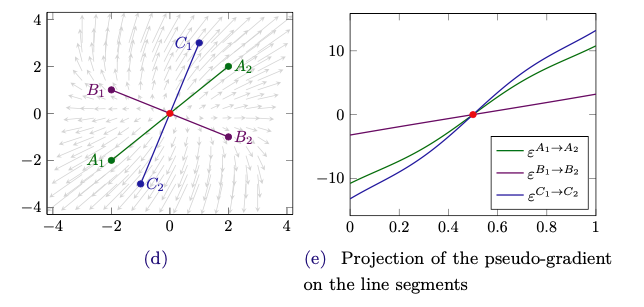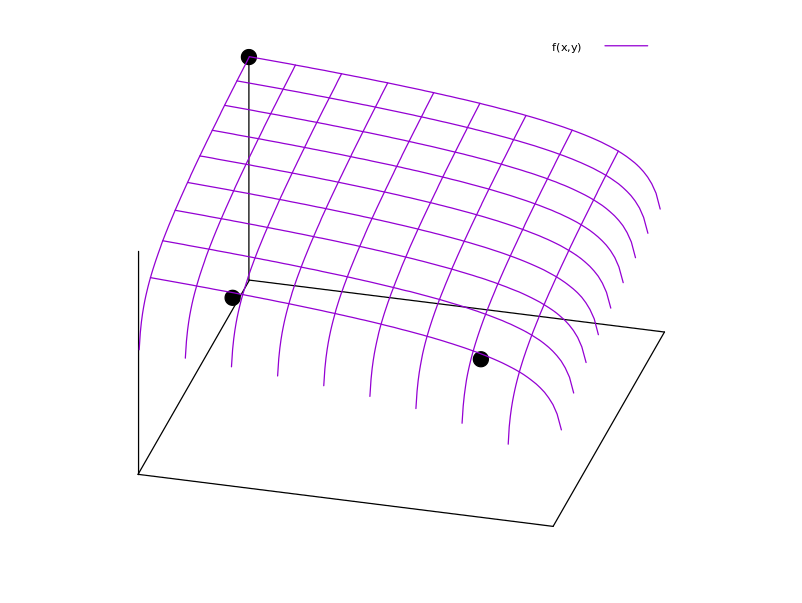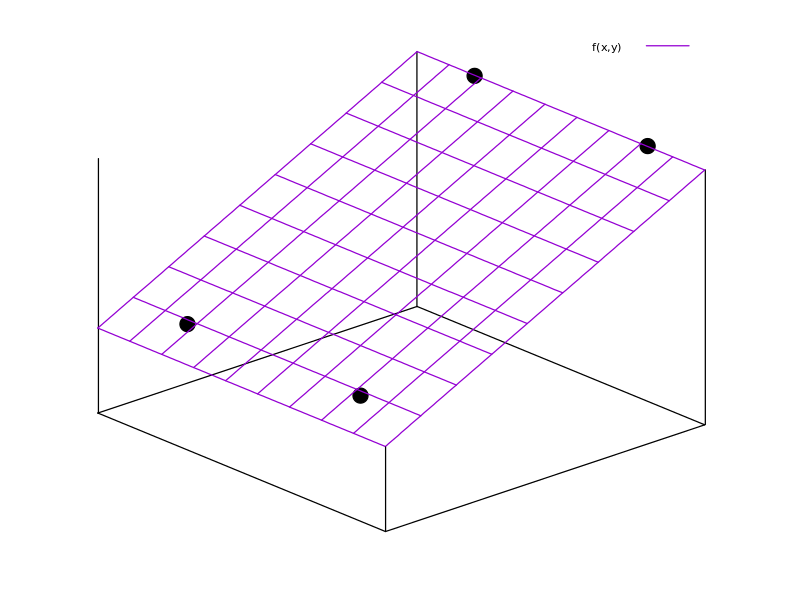Consider a game with $n$ players, with strategy space $S \subset \mathbb{R}$, where $S$ is bounded set, and player's $i$ payoff function $\pi_i:S^n \rightarrow \mathbb{R}$. Rosen's condition (J. B. Rosen. Existence and uniqueness of equilibrium points for concave n-person games. Econometrica, 33(3):520–534, 1965) for uniqueness of the Nash Equilibrium in n players game states that the equlibrium will be unique when
- payoff function $\pi_i(\textbf{s}) \; i \in N$ is concave in own strategy
- There exists vector $\textbf{z}$ ($(\forall i \in N)(z_i \geq 0)\ \wedge (\exists i \in N) (z_i >0)$ such that function $\sigma(\mathbf{s}, \mathbf{z})=\sum_{i=1}^{n}z_i\pi_i({\textbf{s}})$ is diagonally strictly concave
$N$ denotes the set of players.
To define the concept of diagonal strict concavity, fist introduce 'pseudogradient' of function $\sigma$, defined with: \begin{align} g(\mathbf{s},\mathbf{z}) = \begin{pmatrix} z_1\frac{\partial \pi_1(\mathbf{s})}{\partial s_1} \\ z_2\frac{\partial \pi_2(\mathbf{s})}{\partial s_2} \\ ... \\ z_n\frac{\partial \pi_n(\mathbf{s})}{\partial s_n}% \end{pmatrix} \end{align} Then, function $\sigma$ is said to be diagonally strictly dominant in $\mathbf{s} \in S$ for fixed $\mathbf{z} \geq 0$ if for every $\mathbf{s}^0, \mathbf{s}^1 \in S$ the following holds: \begin{align} (\mathbf{s}^1 - \mathbf{s}^0)'g(\mathbf{s}^{0}, \mathbf{z}) + (\mathbf{s}^0 - \mathbf{s}^1)'g(\mathbf{s}^{1}, \mathbf{z})>0 \end{align}
It is shown, in the paper I cite in the beginning, that a sufficient condition for $\sigma$ to be diagonally striclty concave is that matrix $\left[G(\mathbf{x}, \mathbf{z}) +G(\mathbf{x}, \mathbf{z})' \right]$ is negative defite for $\mathbf{s} \in S$, where $G(\mathbf{x}, \mathbf{z})$ is Jacobian of pseudogradient $g$ with respect to $\mathbf{s}$. I use ' to denote transpose of a matrix. What is the intuition behind diagonal strict concavity condition?



